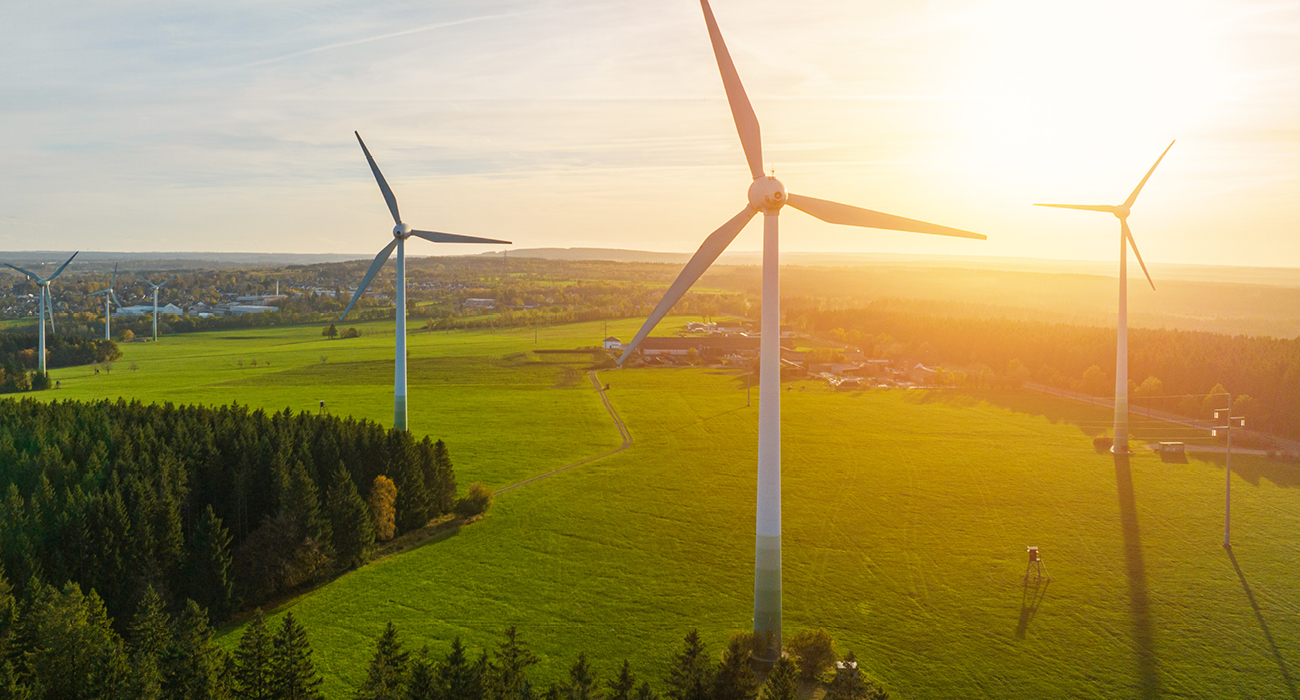As we gear up for the season with the highest demand for energy, any business buying large volumes of gas or electricity is understandably keen to know what the market will do. If only we knew for sure!
In the absence of a crystal ball, our market analysts pool their many years of collective experience and insights into our Winter Outlook report.
To give you a sneak preview, I list my top-five takeaways of what to watch out for below.
But first, you might be interested to know what other customers think.
How business consumers perceive the risks
In our recent Energy Insight webinar, c.90 participants voted on what they believe to be the biggest risks.
- Tensions in the Middle East came top with 53% of the vote
- The ongoing situation in Russia/Ukraine came second, with 20% of the vote
- Interestingly, only 8% choose the weather, which is always a key winter price driver
- Economic growth in China and India got the least votes, with just 3%
My top-five market drivers of energy prices this winter
1. How cold will it get?
The key risk for winter energy prices is the weather. If we experience sustained colder temperatures, it will almost certainly lead to increased demand for energy and potentially deplete our gas storage levels, so pushing prices up. Our new Winter Outlook report shares more on the indications for this winter’s weather.
2. Will the wind keep blowing?
As we expand the UK’s volume of wind generation, looking closely at wind forecasts becomes more important to predict the price of power. The UK is expected to use the lowest amount of gas for power generation in many years this winter. But cold, calm weather could disrupt this, increasing not only the need for gas generation – but also prices.
3. Will Ukraine renew its Russian gas transit deal?
While Russian gas supplies to Europe have hugely reduced, one pipeline has continued to bring gas from Russia through Ukraine to the EU – and specifically to Slovakia, Hungry, Austria and Italy. But this transit deal is due to expire on 31 December, with Ukraine saying it will not renew it. If supplies stop, the increased competition for LNG supplies could push prices up.
4. Economic conditions in China
As the Chinese economy continues to struggle, competition for key energy commodities such as oil and liquefied natural gas (LNG) has reduced. We’ve already seen this reflected in cheaper oil prices. And if Chinese demand remains muted over the forthcoming winter, it’s likely to further reduce pressure on gas prices in Europe.
5. The situation in the Middle East
Geopolitical tensions in the Middle East have created shocks in the UK energy markets – but overall, the impact has not been sustained. However, recent developments could cause a wider escalation – and if this disrupts Qatari LNG production or delivery to the global market, the impact could hit European fundamentals and cause market prices to rise.
To find out more about these factors – and understand the impact of European gas storage, UK power capacity, interconnector activity and the weather, both here and abroad, on energy prices, you can request our new Winter Outlook report here.
To understand more about how non-commodity costs will rise in 2025, you can read our blog here.


/npm214%20Digital_H_UB127.jpg)

/npm214%20Digital_H_UB121.jpg)
/npm214%20Digital_H_UB15.jpg)
/npm214%20Digital_H_UB43.jpg)
/npm214%20Digital_H_UB27.jpg)


/Author%20Profile%20Ward_Louise_G.png)
